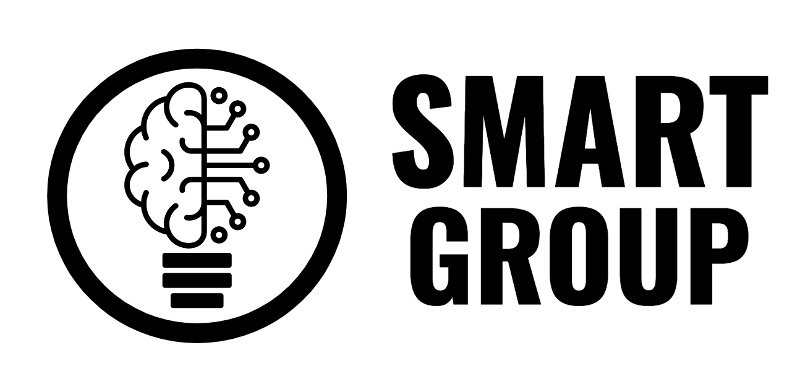The European Parliament has made a significant move by approving the AI Act. Here’s what you need to know, broken down into easy-to-digest points.
Banned AI Systems
First off, some AI applications are now completely off the table:
- Manipulating decisions or behaviors, especially targeting vulnerable groups.
- Social scoring systems that rank individuals based on personal traits or behavior.
- Biometric tools that identify or categorize individuals.
- Facial recognition and other real-time biometric tech used remotely.
High-Risk AI Categories
Authorities tag certain AI applications as “high-risk” due to their potential impact. These include systems used in:
- Critical infrastructure (like transport) that affects citizen safety.
- Education and training that could shape one’s future opportunities.
- Product safety components, such as in robotic surgery.
- Employment processes, including CV screening for jobs.
- Essential services, for instance, credit scoring for loans.
- Law enforcement, migration, and asylum procedures, and even in the administration of justice and democratic processes.
Regulations for High-Risk AI
For high-risk AI systems, there are strict rules:
- Authorities must thoroughly assess companies before and during their use.
- People can raise concerns about these AI systems through official channels.
What About Generative AI?
Generative AI, like ChatGPT, falls under a different category. It doesn’t qualify as high-risk but must meet specific requirements:
- Clearly disclose if content is AI-generated.
- Be designed to avoid creating illegal content.
- Share summaries of copyrighted materials used in training.
Timeline and Penalties
The AI Act’s timeline is phased:
- Within 6 months: Countries must ban prohibited AI systems.
- After 1 year: General-purpose AI systems must follow new rules.
- In 2 years: The full extent of the AI Act will be in force.
Non-compliance could lead to hefty fines, reaching up to 35 million Euros or 7% of a company’s global annual turnover.
This Act marks a crucial step towards responsible AI use, ensuring technology serves humanity without compromising rights or safety.
Smart Group India Opinion
Embracing the AI Act paves the way for ethical innovation, ensuring technology enriches our lives without infringing on our rights or safety. It’s a milestone in responsible AI use, setting a global standard for development and application. This law guarantees that AI serves humanity, safeguarding our values and fundamental freedoms. Together, we can harness the power of AI, fostering a future where technology and ethics go hand in hand.


In conclusion, we at Smart Group hope this article has provided you with valuable insights and actionable strategies. Smart Group India Incubation provides a nurturing environment for startups, offering comprehensive support and resources to foster growth and innovation. With access to expert mentorship, state-of-the-art infrastructure, and networking opportunities, startups can thrive in their journey from ideation to market launch. Explore our services in DevOps consultancy, IoT solutions, and cybersecurity to leverage cutting-edge technology for your business success. Join us to embark on a transformative journey towards entrepreneurial excellence. For further information and a deeper dive into this topic, we encourage you to explore the following resources. These links offer a wealth of knowledge and expert opinions that can enhance your understanding and assist you in applying these concepts effectively.
Startup Policies Govt. Of India
Startup News Sites
Publications
Research Papers